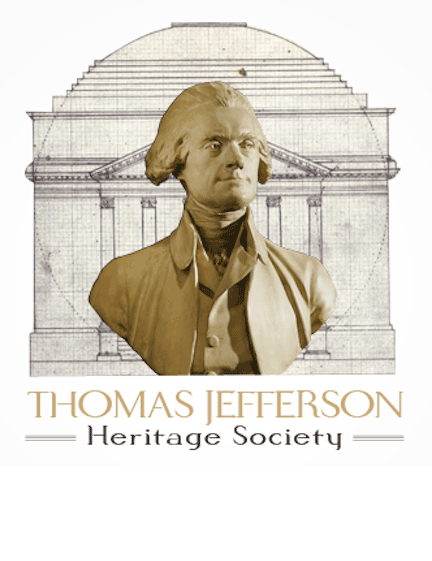George Mason Memorial on the National Mall
George Mason IV was born December 11, 1725, on Dogue's Neck, Virginia the son of George Mason III and Ann Thomson Mason. Mason’s father died when he was10 years old and he cameunder the tutelage of his uncle who influenced him in his studies of history and government. His mother managed the estate until he became of age.
He was elected to the House of Burgesses (1759) representing Fairfax County. The next year, he began building his home on Dogue's Neck. He lived there with his wife until she died in 1773 from the ordeal of childbirth, leaving 10 children for Mason to raise.
On April 19, 1775, the Minutemen at Lexington and Concord fired “the shot heard round the world” and the colonies were now in open rebellion against King George III. Mason became a delegate to the Virginia Constitutional Convention and authored the Declaration of Rights adopted on June 12, 1776. Later, on June 29, 1776, the Convention adopted the Virginia Constitution, also authored by George Mason. The early statement of rights in the Declaration of Independence drew from Mason’s Declaration of Rights. His Virginia Constitution became a model for most of the states.
In 1787, Mason, at the urging of George Washington became a delegate to the United States Constitutional Convention in Philadelphia, organized by Alexander Hamilton and James Madison. Mason soon broke ranks with his fellow Virginians because he felt the powers granted to the new government continued centralized authority without sufficient protections for the people. Although a slave owner himself, he also opposed the provision that allowed the slave trade to continue until 1808. Along with Patrick Henry, he refused to sign the new U.S. Constitution. In spite of his tremendous contributions, this made him the “Forgotten Founder.”
James Madison had gone to the Constitutional Convention aligned with Hamilton as a Federalist. Mason’s opposition to the adoption of the Constitution without a Bill of Rights was influential on a number of states which ratified on the condition that a Bill of Rights would be adopted. Also influenced by Thomas Jefferson, Madison became more state oriented and presented a Bill of Rights that was adopted in December 1791.
Mason died on October 7, 1792, at Gunston Hall and is buried on the estate. Gunston Hall is now open to the public.
See this excellent video “Forgotten Founder”
Richard E. Dixon

